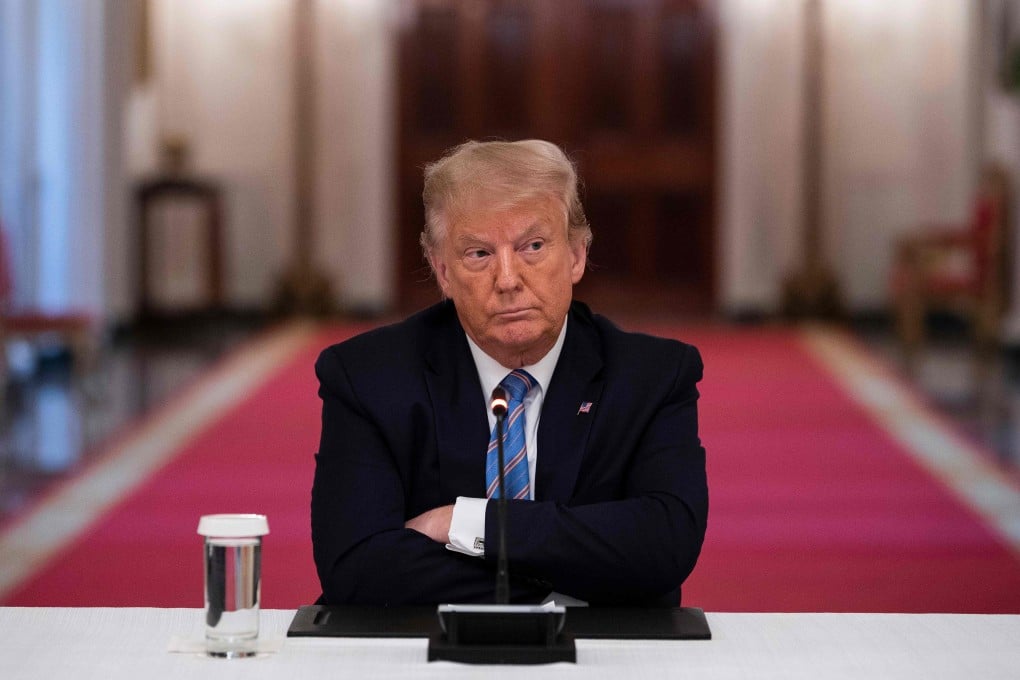Opinion | Why Donald Trump’s order to end China Fulbright exchange is dangerous
- The Fulbright exchange programme was born out of hopes for peace in the aftermath of the second world war, but also reflected realism about the need to avoid another cataclysm
- Stopping the flow of Fulbrighters between China and the US undermines decades of effort to build understanding and cooperation, and avoid uninformed miscalculations

The Fulbright Programme was created in the wake of the second world war, when president Harry Truman signed a bill introduced into Congress by Senator J. William Fulbright of Arkansas.
The general aim of the Fulbright Programme is to strengthen ties with citizens and governments of other countries through exchanges of students, young professionals and teachers.
The programme has expanded to over 140 countries and awards about 8,000 grants annually in all fields of study. Roughly half of these grants go to US citizens who visit other countries and the other half to citizens of other countries who come to the US.

02:09
Trump signs Hong Kong Autonomy Act, ends city’s preferential trade status over national security law
Today, there are more than 380,000 Fulbrighters from over 150 countries who have participated in the programme, and its list of distinguished alumni includes 37 current or former heads of state, 60 Nobel Prize winners, 75 MacArthur “genius grant” awardees, and 88 Pulitzer Prize winners.

